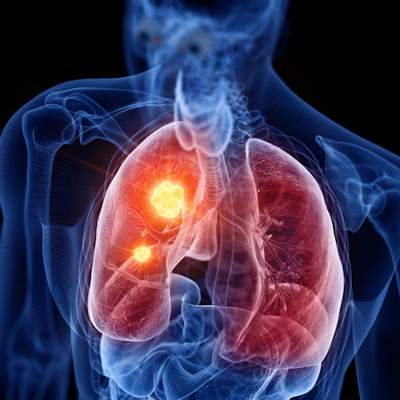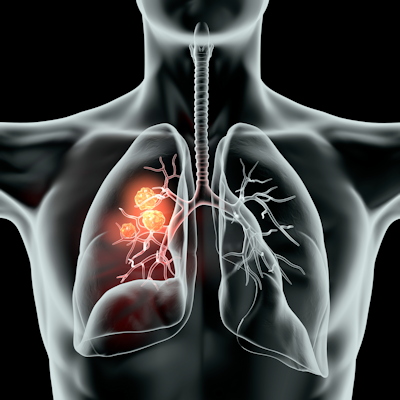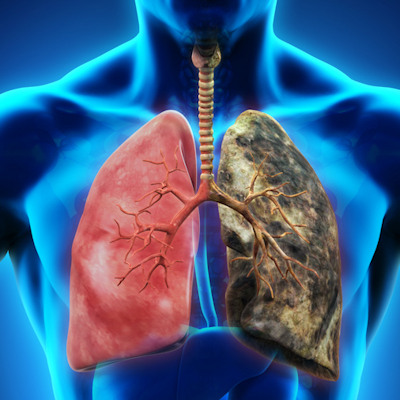May 15, 2023 -- Researchers have found a biomarker that provides an early indication of whether a patient is responding to chemo-immunotherapy.
The combination of PD-1/L1 immune checkpoint inhibitors and chemotherapy can shrink solid tumors and improve outcomes in cancer patients. However, only a fraction of patients have durable responses and physicians lack the means to predict who will respond before starting treatment. As such, many patients receive little benefit from the drugs, which are expensive and can have severe side effects, and must wait months before being switched to a different regimen that may be more effective.
In 2021, researchers at the University of Southern California identified the expression of CX3CR1 on T cells as a way to show if a patient was responding to a checkpoint inhibitor. The study showed that the successful treatment of mice with checkpoint inhibitors increases the frequency of CX3CR1-positive T cells, and that the presence of the biomarker correlates with response and survival in non-small cell lung cancer (NSCLC) patients.
The same group has now correlated CX3CR1 expression to outcomes in NSCLC patients treated with chemo-immunotherapy. Writing recently in Cancer Research Communications, the researchers describe the analysis of a series of blood samples from 29 people with NSCLC who received a checkpoint inhibitor in combination with chemotherapy.
A 10% or greater increase of the CX3CR1-positive subset in circulating CD8+ T cells from baseline was associated with response to chemo-immunotherapy after four weeks. By week six, analyzing CX3CR1 had an overall accuracy at predicting response of 85.7%. Dr. Fumito Ito, PhD, the study's lead author and an associate professor of surgery at the University of Southern California, explained the importance of the findings in a statement.
"If [immune checkpoint inhibition] is not working, we like to stop as soon as possible," Ito said. "We have other viable treatment options for NSCLC patients, so the biomarker can help us identify patients who might have better results with an alternative therapy."
To understand the importance of CX3CR1, Ito and his collaborators combined single-cell RNA/T-cell receptor (TCR) sequencing of circulating T cells in blood samples and TCR sequencing of tumor tissue. The method showed a patient who received long-term benefit from the treatment experienced changes in genomic and transcriptomic signatures of T cells and TCR clonotypes in peripheral blood containing highly frequent tumor-infiltrating lymphocyte repertoires overexpressing CX3CR1.
The changes were evident early after initiation of the treatment, despite imaging showing no response at the same time point. Because CX3CR1 changes before tumors shrink, it could serve as a noninvasive, early treatment biomarker that is assessed when patients attend their first check-up appointment.
Copyright © 2023 scienceboard.net











